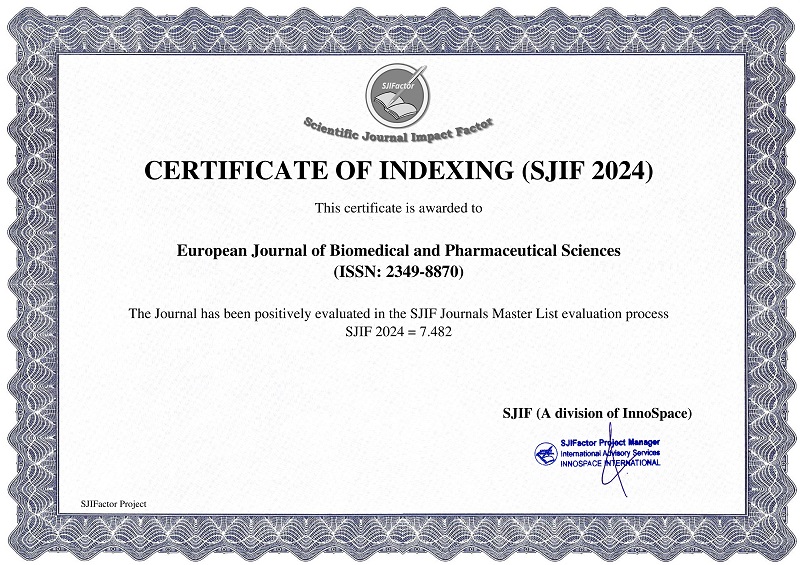IMPACT OF STRESS IN INFLAMMATION ASSOCIATED WITH DEPRESSION
Krishna Shah* and Dr. Sunita Goswami
ABSTRACT
Interpersonal loss and social rejection are key proximal risk factors for major depression. The two principal stress
response systems namely the sympathetic nervous system and hypothalamic-pituitary-adrenal (HPA) axis are
responsible. Both systems enable the brain to communicate with the rest of the body. Data from several lines of
research converge to demonstrate that stress is associated with elevated inflammatory activity. It is reported that
depression is associated with a chronic, low-grade inflammatory response and activation of cell-mediated
immunity, as well as activation of the compensatory anti-inflammatory reflex system. It is similarly accompanied
by increased oxidative stress, which contributes to neuroprogression in the disorder. Patients with depression
exhibit increased inflammatory markers and administration of cytokines and other inflammatory stimuli can
induce depressive symptoms. Mechanisms by which cytokines access the brain and influence neurotransmitter
systems relevant to depression have also been studied. However, antagonizing inflammatory pathways may
improve depressive symptoms.
Keywords: Stress, depression, inflammation, cytokines.
[Full Text Article]
[Download Certificate]


 Impact Factor : 8.181
Impact Factor : 8.181 






